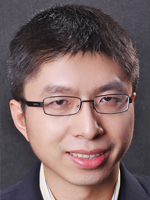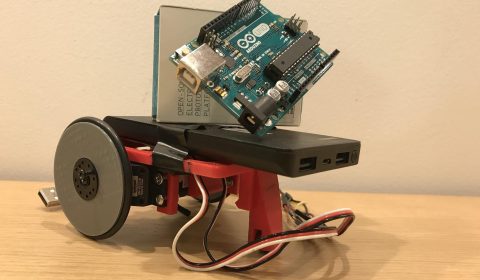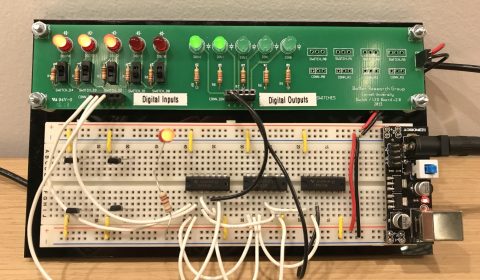Exploring Digital Intelligence

Faculty Director: Professor Zhiru Zhang
Department: Electrical and Computer Engineering, Cornell University
Project Description
Digital computers have transformed every aspect of our world and are enabling new machines that possess intelligence like and beyond human. From automatically classifying objects in images to enabling self-driving cars to predicting human diseases, digital intelligence is bound to deliver far-reaching influence in every aspect of our lives. The evolution from fewer than a million isolated personal computers to today’s billions of Internet-connected smart devices puts forth a massive amount of data and computing power. With proper techniques to harness the data and power that have never been available before, digital intelligence is not only possible but also practical and cost-effective.

Enabling digital intelligence involves the tasks of creating and implementing intelligence in machines. These tasks naturally translate into a set of problems on how to perceive information, how to process and represent information, how to intelligently learn from the information, and how to model and apply what has been learned. Answers to these questions incorporate fundamental theories in math and statistics as well as real-life applications on sensors and computers, all of which must engage cohesively within a system to leapfrog the next innovations in fields such as healthcare, automotive, finance, and personal entertainment.
Sitting at the interface between hardware and software, the field of computer engineering is in a unique position to tackle the interdisciplinary nature of the emerging areas of digital intelligence. Computer engineers are equally capable of building hardware devices and programming software algorithms, which constitute the two most important skills in creating new machines with increasingly intelligent capabilities. They are not only inventing and implementing intelligent machines that are fast and smart, but also witnessing first-hand how their products transform our society.

Scholars in the 2018 CATALYST Academy explored digital intelligence through the perspective of computer engineering by designing, building, and testing several simple intelligent devices inspired by real-world applications. The week-long design experience began with three guided laboratory sessions designed to teach a combination of hardware and software. In the first lab, scholars learned and applied the basic concepts of digital logic design in hardware. In the second lab, scholars will learned basic programming techniques for software development on microcontrollers. In the third lab, scholars combined their knowledge in hardware and software from the previous two labs to build an intelligent system that recognizes human inputs in writing. With experiences from the labs, scholars worked in groups to complete an end-to-end prototype for a project of their choice.
